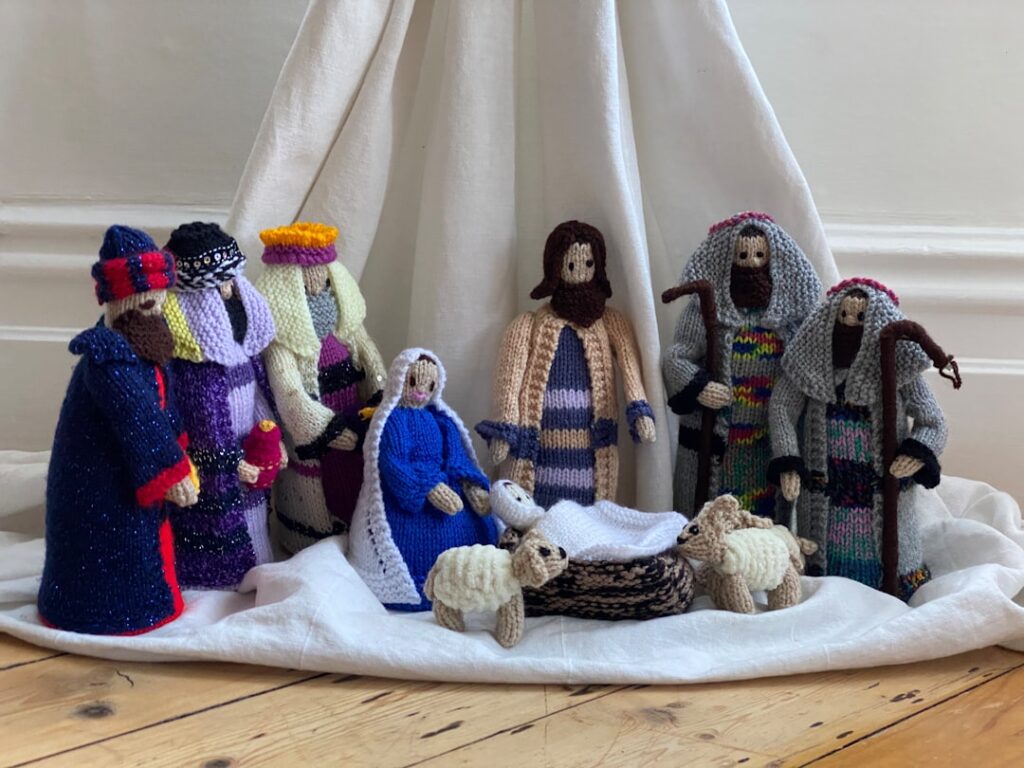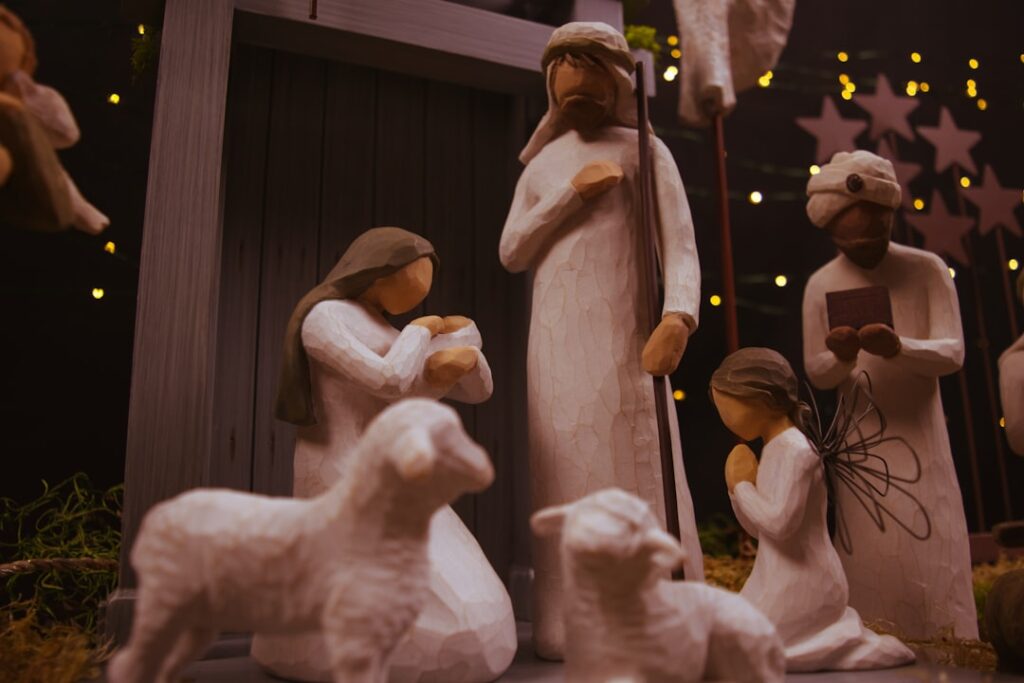Having recently read Andrew Wilson’s brilliant book “Remaking the World,” I have been reflecting on the early days of America’s pioneers and settlers.
It’s hard not to be inspired by the pioneers and settlers who ventured on white-knuckle adventures into uncharted territories. They faced gruelling sea crossings, countless challenges, and the harsh elements with sheer grit and determination. Their story is one of hope, resilience, and unwavering commitment, as they built communities from scratch despite all odds.
The Church at a Crossroads
Today, the church is at a similar crossroads. Turn on the news, and you’ll see a rapidly changing world with new challenges every day. Identifying ourselves as ‘pioneers and settlers’ within the church is crucial for navigating the landscape before us. We need to engage with contemporary culture, address global issues, and stay true to our mission of spreading the gospel and building strong faith communities. The church must demonstrate its relevance and vitality, not fading into history.
We should consider why these roles are relevant, how they manifest in real life, and why the church needs to embrace them now more than ever. This challenge invites us to think about our place in these narratives.
Embracing the Pioneer Spirit
[perfectpullquote align=”right” bordertop=”false” cite=”” link=”” color=”” class=”” size=””]”Do not go where the path may lead, go instead where there is no path and leave a trail.” – Ralph Waldo Emerson[/perfectpullquote] The Apostle Paul exemplifies a pioneer. His missionary journeys, described in the Book of Acts, show his dedication, determination, and success in spreading the gospel. Paul travelled to unfamiliar places, faced opposition, and broke cultural barriers because he believed in his Spirit-initiated mission. Acts 16:9-10 recounts a vision calling Paul to Macedonia: “And a vision appeared to Paul in the night: a man of Macedonia was standing there, urging him and saying, ‘Come over to Macedonia and help us.’ And when Paul had seen the vision, immediately we sought to go on into Macedonia, concluding that God had called us to preach the gospel to them.” This is the benchmark for the pioneering spirit we are called to respond to today.
[perfectpullquote align=”left” bordertop=”false” cite=”” link=”” color=”” class=”” size=””]You have to create the path to the future; you can’t just sit and wait for it to happen.” – Anita Borg[/perfectpullquote] Today’s pioneers include missionaries venturing into remote areas and facing cultural and political challenges while remaining committed to their mission. They also include those who work locally with the destitute, refugees, and marginalized communities. The workplace can often be an overlooked mission field. Church planters starting new congregations in urban centres, rural areas, and among unreached people groups also embody this spirit.
In our postmodern society, where scepticism of absolute truths and religious institutions is prevalent, pioneers are essential. They find new ways to present the gospel that resonate with contemporary audiences, using digital platforms, creative arts, and social justice initiatives, while staying true to the Word of God. The Alpha course is a modern example, pioneering methods of evangelism and discipleship that address today’s questions and concerns.
Building Strong Communities: The Role of Settlers
Have you ever thought of yourself as a settler? While pioneers start new things, settlers establish and nurture these new communities. Paul’s letters to Timothy and Titus illustrate this role. Paul trusted these young leaders to take care of the churches, ensuring sound teaching and strong community life. In 1 Timothy 1:3-4, Paul advises, “I urged you when I was going to Macedonia, remain at Ephesus so that you may charge certain persons not to teach any different doctrine, nor to devote themselves to myths and endless genealogies, which promote speculations rather than the stewardship from God that is by faith.” Settlers ensure the church remains grounded in truth and grows in faith.
Local pastors and church leaders today act as settlers. They shepherd their congregations, provide pastoral care, and teach sound doctrine, creating nurturing environments where faith can flourish. They also develop discipleship programs that equip believers to live out their faith practically, addressing specific community needs, such as mental health support and strong community ties.
The Symbiotic Relationship Between Pioneers and Settlers
Pioneers and settlers are not opposites; they complement each other. Pioneers break new ground, while settlers cultivate and grow what has been started. Church planting, starting local food banks, and social outreach are examples. Without pioneers, the church might become stagnant. [perfectpullquote align=”left” bordertop=”false” cite=”” link=”” color=”” class=”” size=””]Pioneers get the arrows, settlers get the land[/perfectpullquote] Without settlers, new initiatives might struggle to take root and thrive. In 1 Corinthians 3:6-9, Paul writes, “I planted, Apollos watered, but God gave the growth. So neither he who plants nor he who waters is anything, but only God who gives the growth. He who plants and he who waters are one, and each will receive his wages according to his labour. For we are God’s fellow workers. You are God’s field, God’s building.” This partnership is essential for the church’s mission.
Facing Today’s Challenges Together
One of the biggest challenges today is engaging with a postmodern culture that often rejects absolute truths and embraces relativism. Pioneers find innovative ways to present the gospel that engage contemporary questions and doubts. This might involve addressing issues like social justice and personal fulfilment in ways that resonate with a postmodern audience. Signs, wonders, healings, and miracles often accompany gospel presentations, reinforcing the message.
Settlers ensure the church remains a solid, scripture-honouring, Christ-exalting place of authenticity and community. In a world where people often feel isolated and disconnected, the church offers belonging and purpose. Settlers cultivate environments where individuals feel included, valued, and understood, countering the fragmented culture of postmodernism.
The church must address global challenges such as political instability, economic disparity, climate change, social injustice, and war. Pioneers lead the way in advocating for justice and peace, partnering with organizations working towards these goals. Settlers support these efforts by educating the church community, encouraging practical involvement, and organizing local initiatives that reflect the church’s commitment to addressing global challenges.
Challenges
The roles of pioneers and settlers are indispensable to the church’s mission today. Pioneers push boundaries, taking the gospel to new places and engaging with contemporary culture innovatively. Settlers ensure the church remains a place of stability, growth, and community, nurturing the seeds planted by pioneers. Both roles require faith, obedience, and a deep conviction of their calling and the Spirit’s leading.
As we face the challenges of 2024, the church must maintain a visionary apostolic focus, continually sending and supporting those called to pioneer new initiatives and settle new communities. By doing so, the church will remain relevant and effective, a light in a world that desperately needs the hope and truth of the gospel.
Let’s encourage one another in our respective roles, grounded in Scripture and united in purpose. Together, we can navigate the complexities of our time with confidence, knowing that whether as pioneers or settlers, we are part of God’s redemptive plan for the world.







